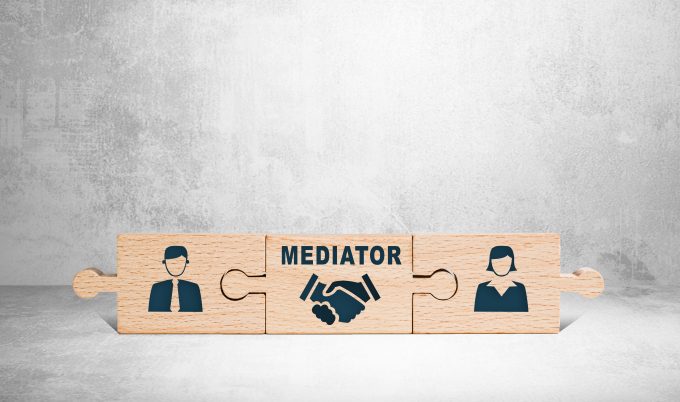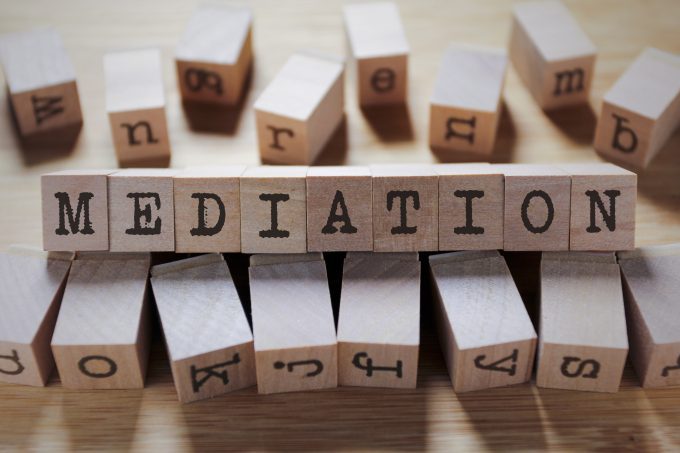Family Law Mediation is also called Family Dispute Resolution (“FDR“) and is the first step in parenting and property proceedings. Before commencing Court action, a party must provide a Certificate from an accredited Family Dispute Resolution Practitioner to say that the parties have made a genuine attempt at mediation. There are some exceptions and you should discuss any reservations that you have with either your Lawyer or the FDRP as one of the exceptions may apply in your circumstances.
There are several different Certificates that can be issued. The Certificate will say one of the following:
- the other party did not attend
- you and the other party attended and made a genuine effort to resolve the dispute
- you and the other party attended but one or both of you did not make a genuine effort to resolve the dispute
- the FDR practitioner decided your case was not appropriate for FDR, or
- the FDR practitioner decided it was not appropriate to continue part way through the FDR process.
If you want to say No to mediation because of fears of violence or fears that your child has been abused, you should raise these concerns as there is no requirement for FDR where there has been family violence or child abuse.














